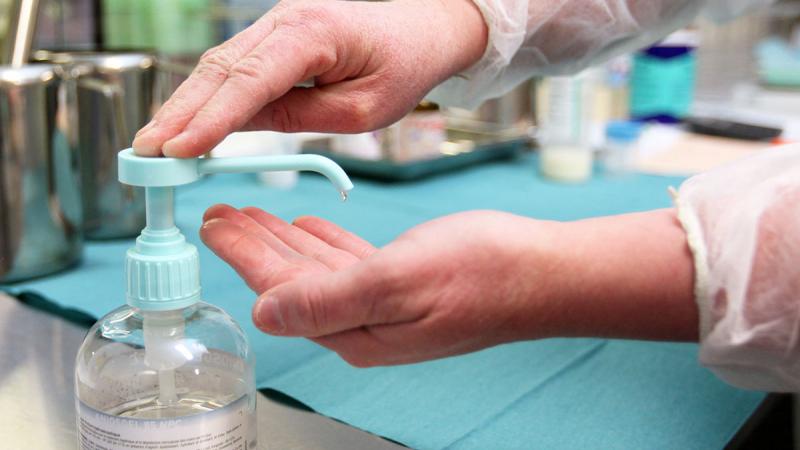Dr Manal Mohammed, who teaches Microbiology, wrote an article for The Conversation about which hand sanitisers are the most effective against coronavirus.

Dr Mohammed's article is the most read article by a University of Westminster academic on The Conversation to date, with almost 1 million reads. It has also been republished by Daily Mail, National Geographic Spain and The Jakarta Post.
Talking about how the coronavirus is spread, Dr Mohammed wrote that the virus, as well as other viral respiratory infections like the common cold, are mainly spread through virus-laden droplets from a person’s mouth or nose and transferred to others. She also said it can spread through touching anything contaminated by the virus, such as your face or surfaces.
Though she highlighted that washing your hands is the gold standard for hand hygiene to prevent the spread of diseases, Dr Mohammed noted that sanitisers can also be helpful when soap and water aren’t available.
Discussing alcohol-based sanitisers, she wrote: “Alcohol attacks and destroys the envelope protein that surrounds some viruses, including coronaviruses. This protein is vital for a virus’s survival and multiplication. But a hand sanitiser needs to be at least 60% alcohol in order to kill most viruses.”
She added: “With shortages leading some people to try and make their own hand sanitisers, it’s also important to know these might not be as effective as commercially available products.”
She concluded that: “The best and most consistent way of preventing the spread of coronavirus – and reducing your risk of contracting it – remains washing your hands with soap and water as a first choice, and avoiding touching your face as much as possible.
“But alcohol hand sanitisers with at least 60% alcohol are a practical alternative when soap isn’t available.”


